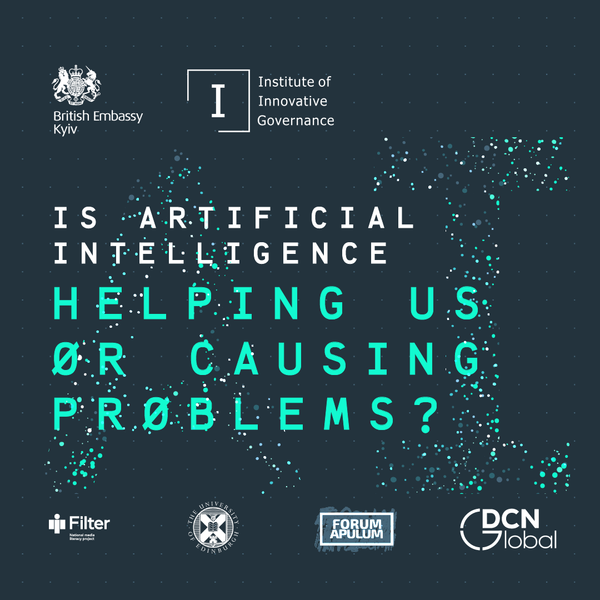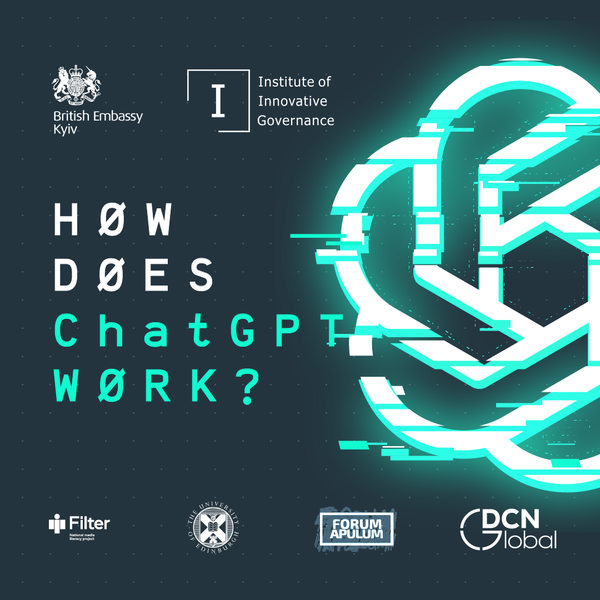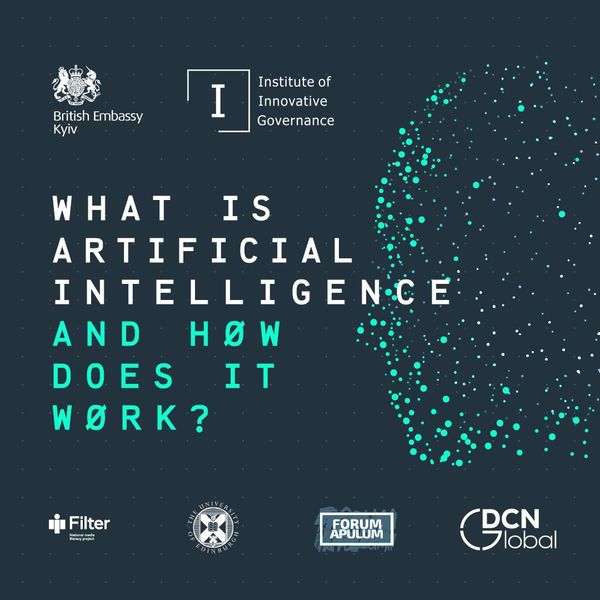Strategies for Staying Informed and Avoiding Russian Propaganda Misinformation


Institute of Innovative Governance
02.02.2024
In the wake of GPT chat's debut in November 2022, fabricating misinformation has become alarmingly straightforward and cost-effective. This advancement has made it crucial to adeptly navigate the information sphere, particularly in identifying and countering Russian propaganda.
To effectively discern and tackle false information, consider these expanded strategies:
- Scrutinize Emotional Content: Propaganda often exploits emotional language to mislead and provoke. Assess the text's tone; extreme emotions or sensationalist language are red flags indicating potential misinformation.
- Rigorously Verify Sources: Russian propaganda frequently masquerades as credible by referencing so-called authoritative sources. This can involve linking to fabricated websites or twisting genuine information. It's crucial to:
- Cross-check information with reputable, independent news outlets.
- Investigate the background of the publishing source, including its history, ownership, and potential biases. - Critical Analysis of Visuals: Visuals like photos and videos are potent tools in propaganda, often used out of context or altered.
- For photos, employ reverse image searches (e.g., Google Image Search, TinEye) to trace their origin and previous uses.
- Examine videos for authenticity, checking their creation and upload dates, and look for any signs of digital manipulation.
- Understand Propaganda Techniques: Familiarize yourself with common propaganda tactics, such as:
- Bandwagon: Encouraging the belief that a viewpoint is popular and thus correct.
- Glittering Generalities: Using vague, emotionally appealing statements that lack specific information.
- Transfer: Associating positive or negative qualities of one thing to another to make the latter more acceptable or to discredit it.
- Seek Diverse Perspectives: Avoid echo chambers by consulting a range of news sources, particularly those with different viewpoints. This helps in getting a balanced understanding of the news and in spotting biases. - Educate Yourself on Information Literacy: Develop skills in evaluating and discerning the reliability of various types of content, including understanding the difference between opinion pieces and factual reporting.
- Engage in Fact-Checking: Utilize fact-checking websites and organizations that specialize in analyzing news for accuracy.
The "Understanding Artificial Intelligence" initiative by the Institute for Innovative Governance, supported financially by the UK Government, is instrumental in promoting these competencies. While this publication offers guidance in identifying Russian propaganda, it represents the perspectives of its author and may not align with the official position of the UK Government.




